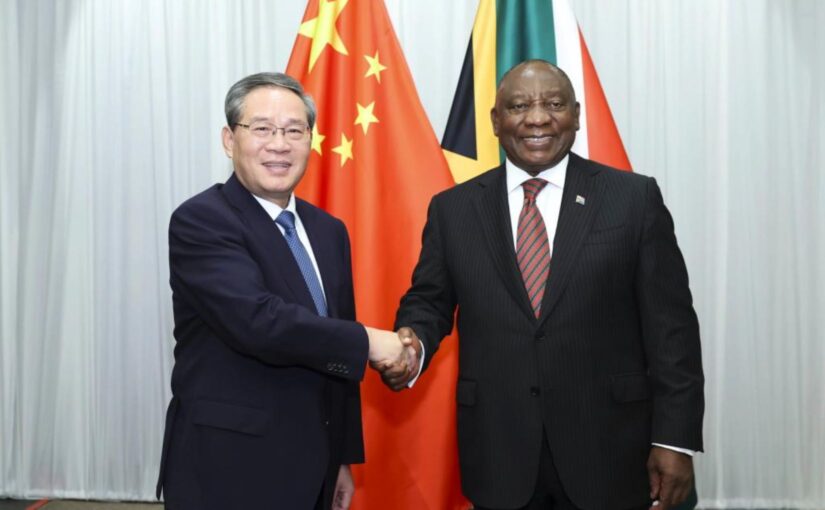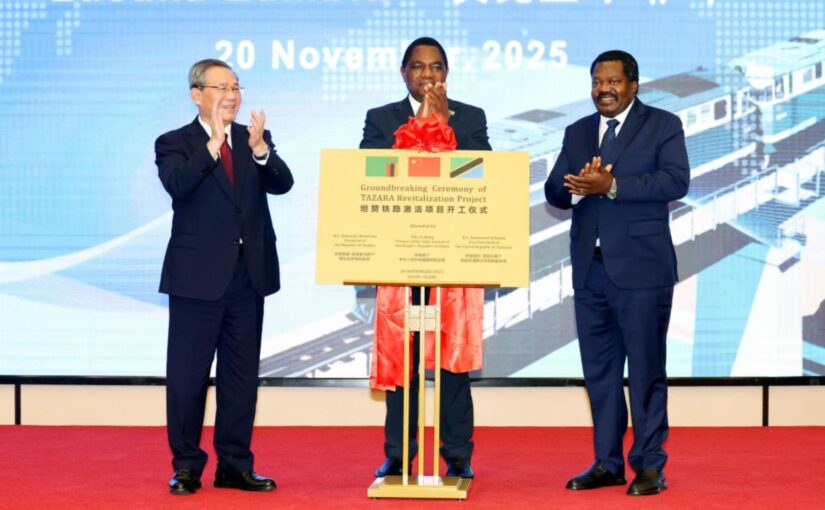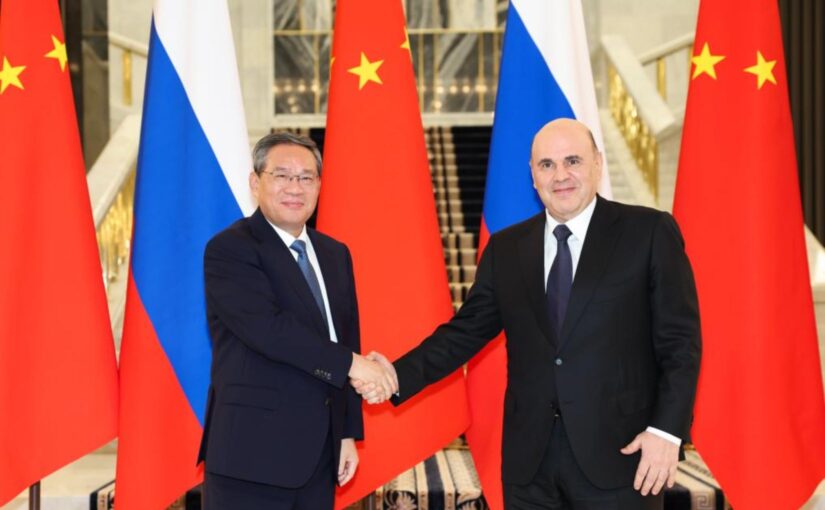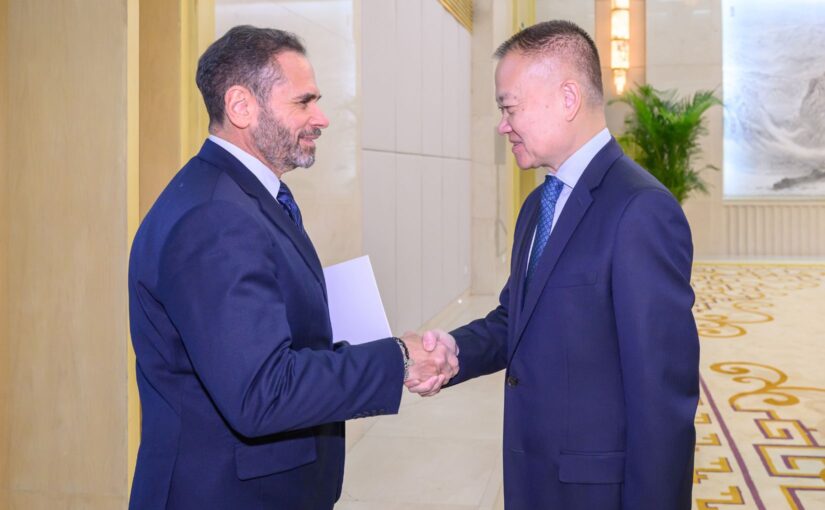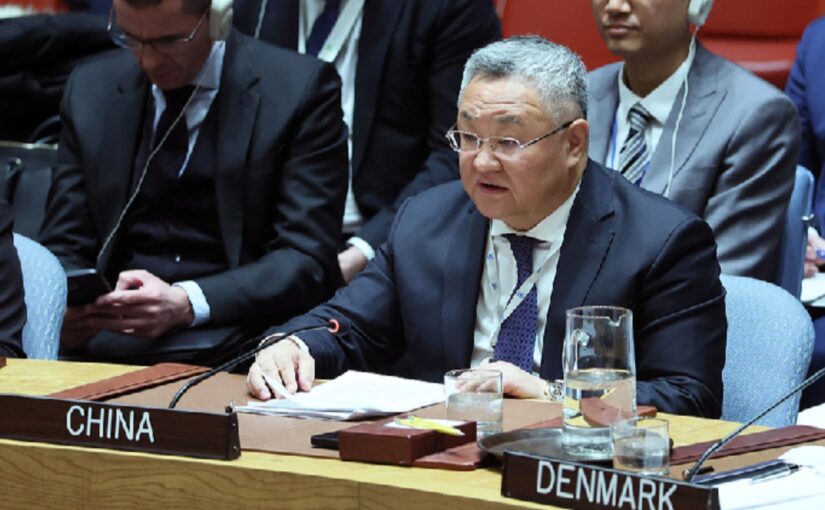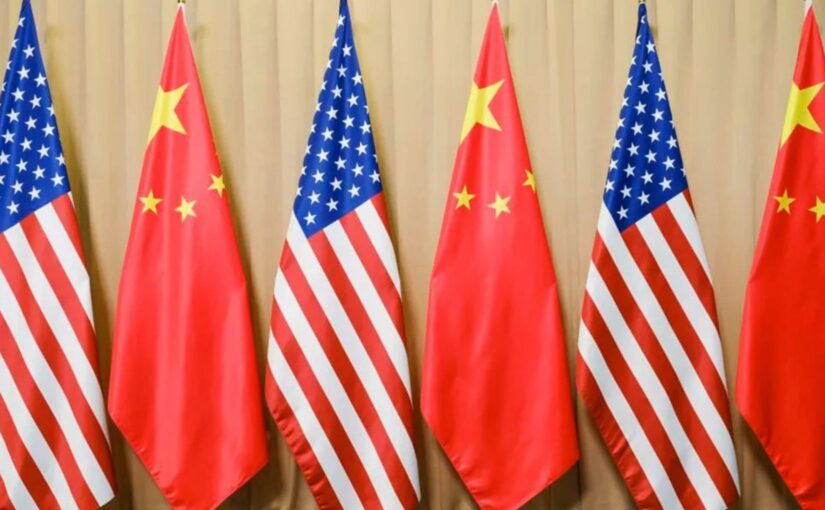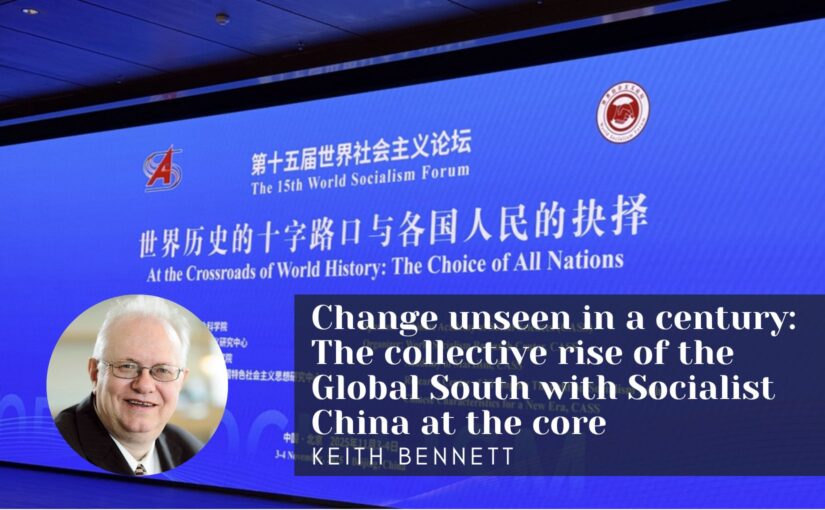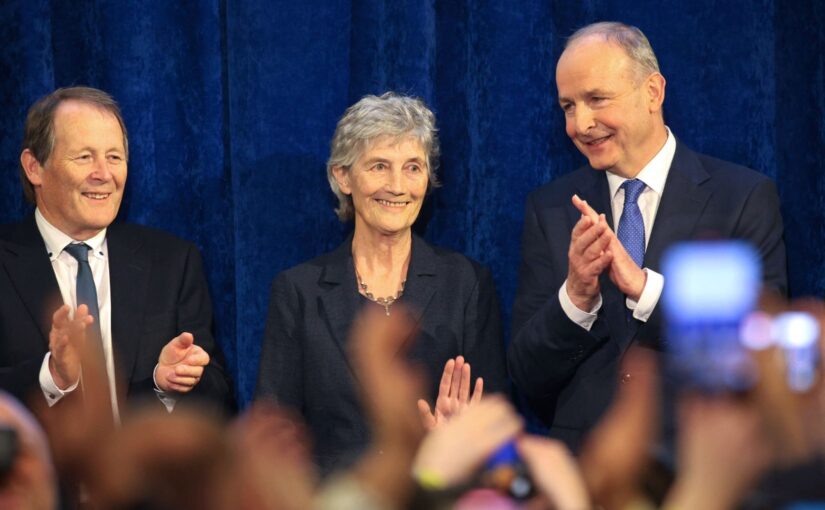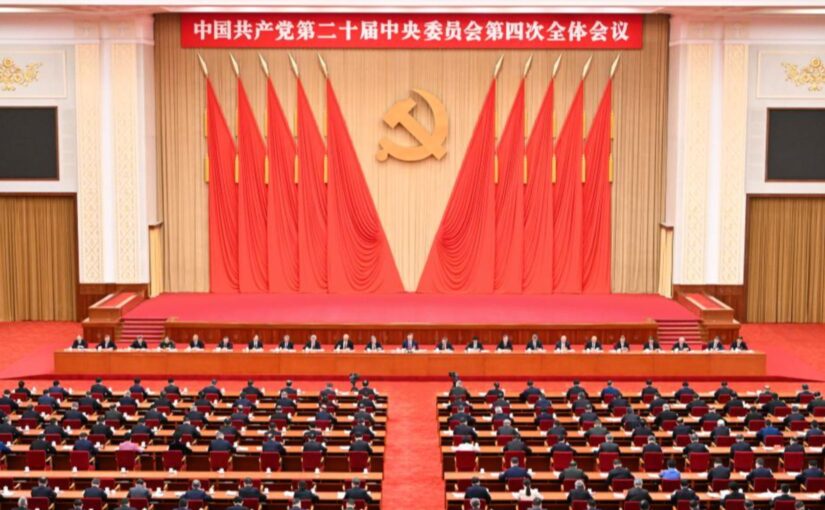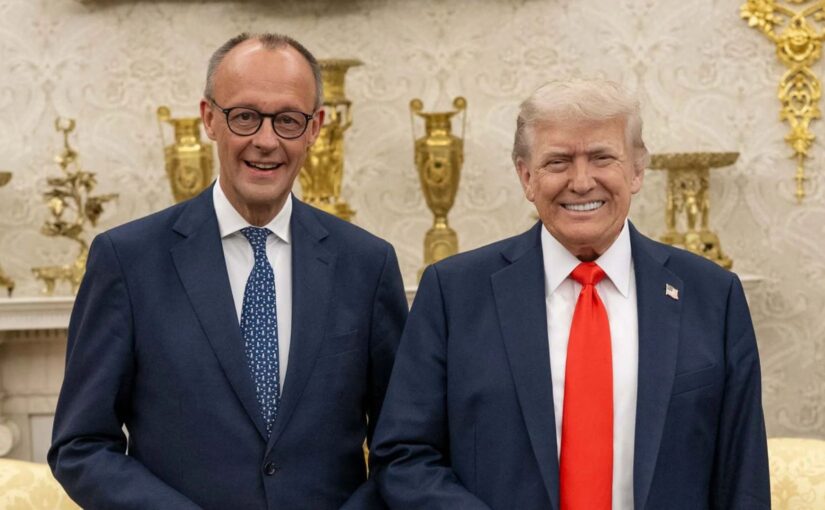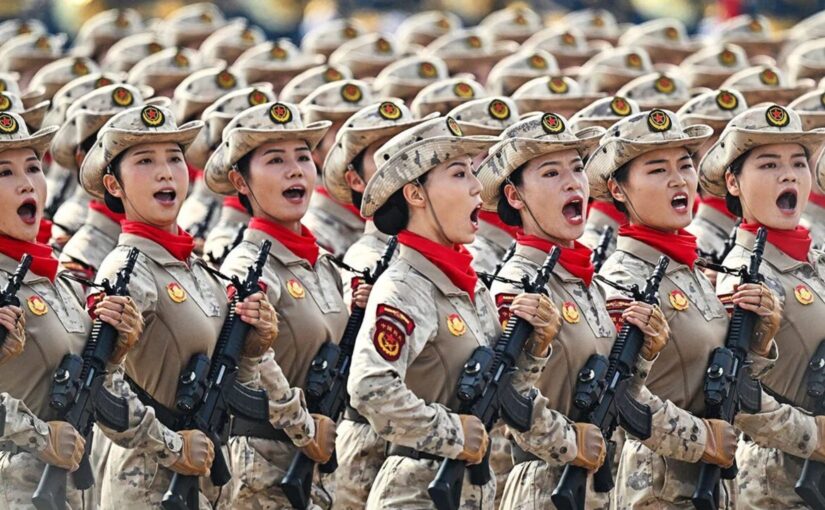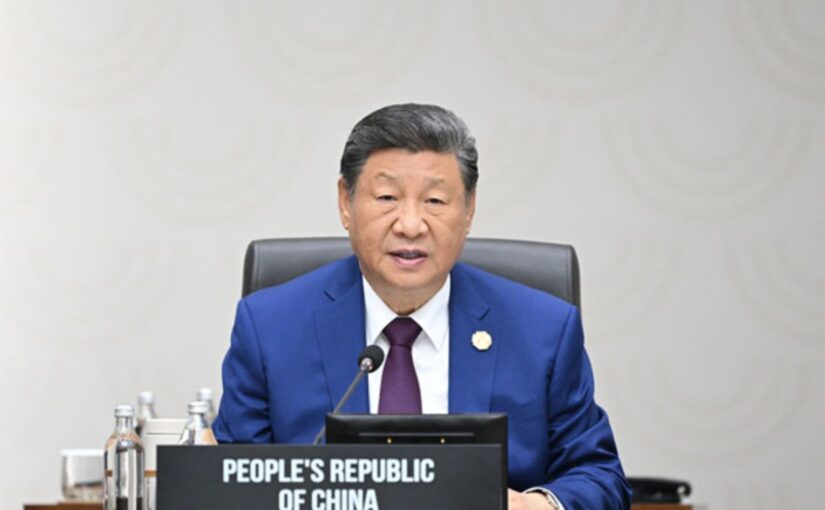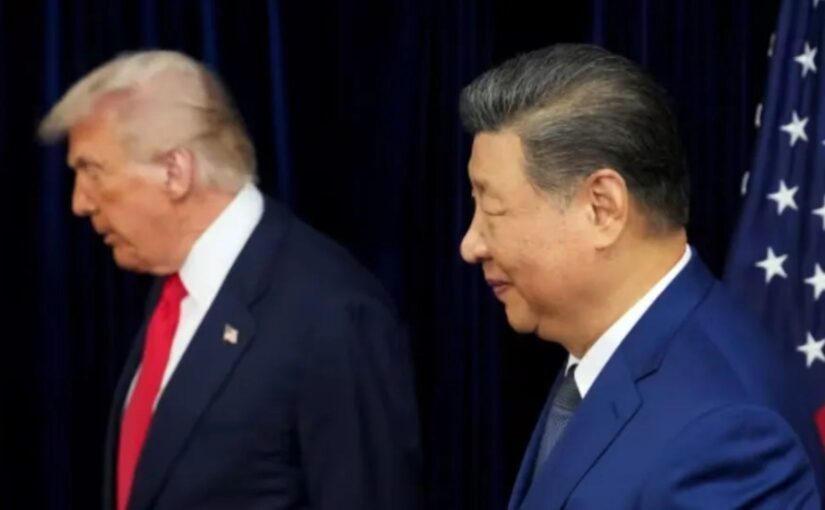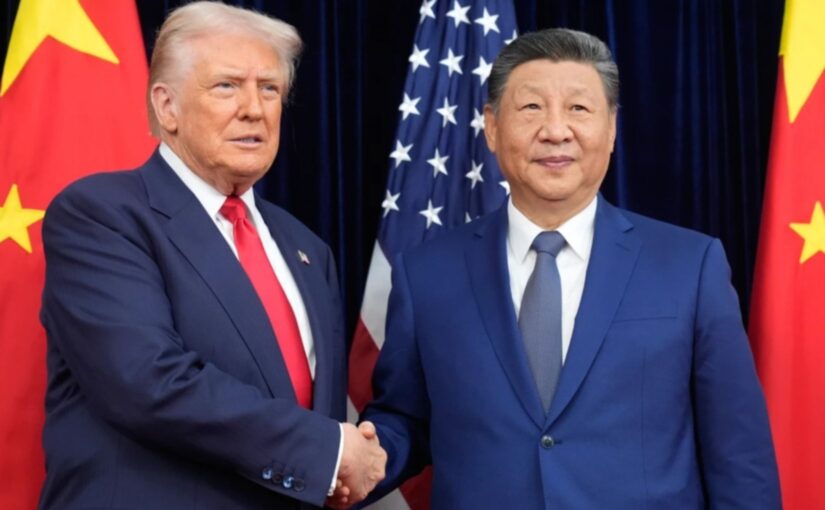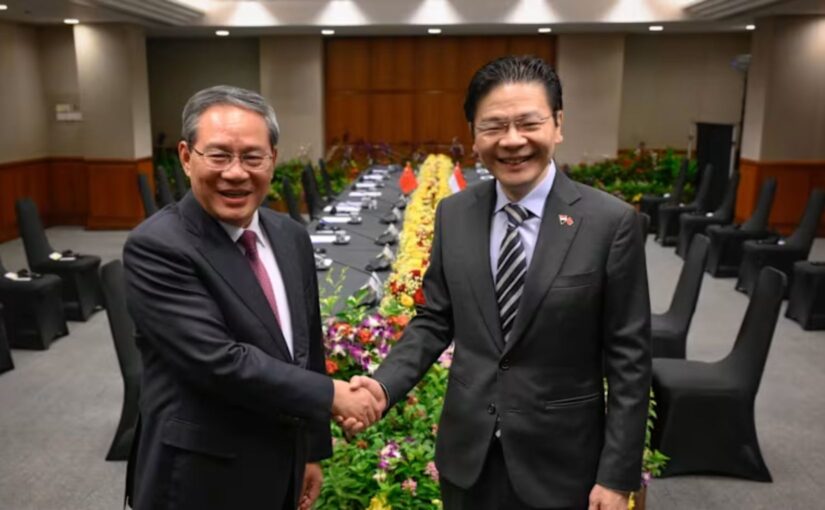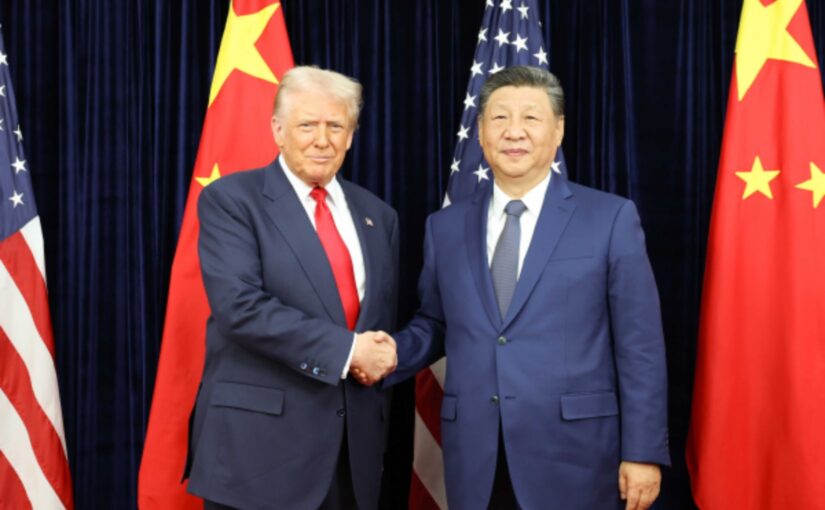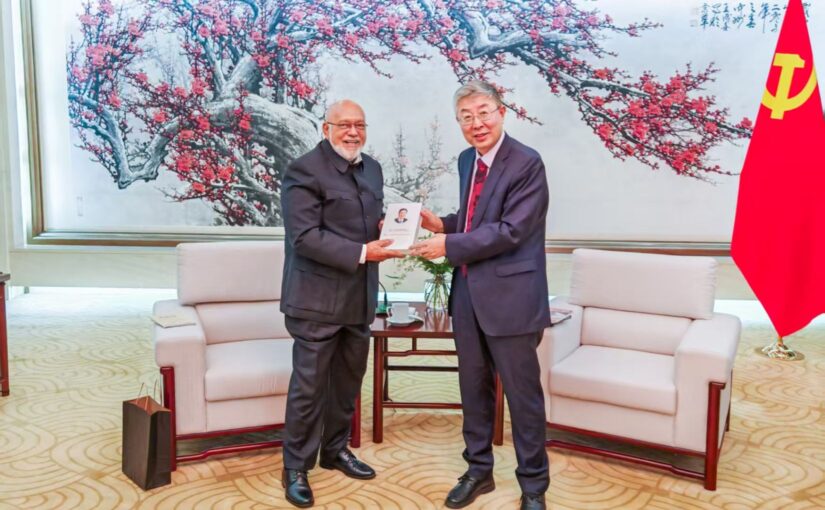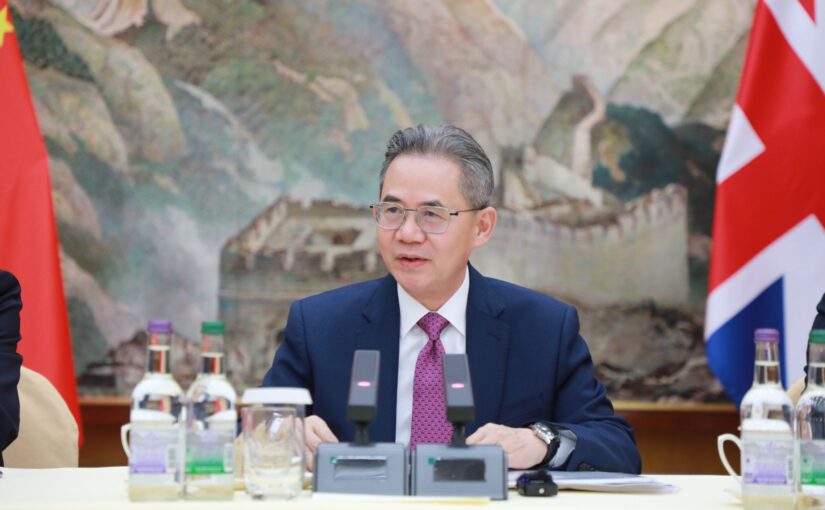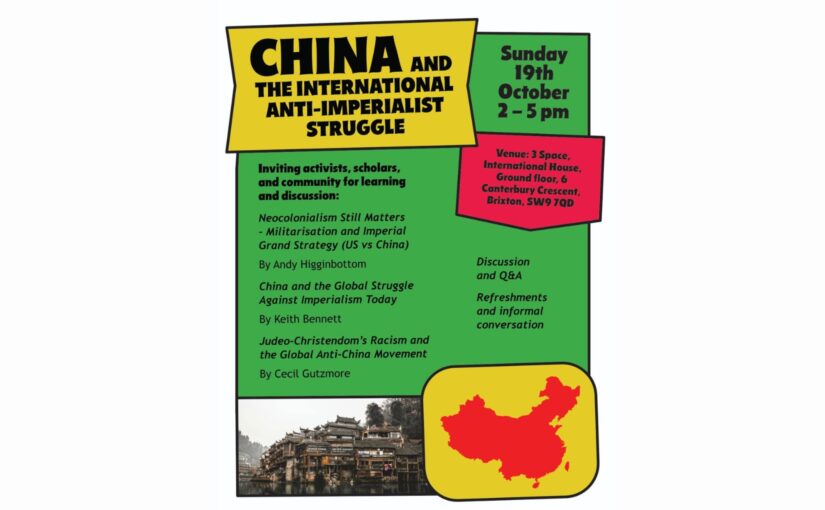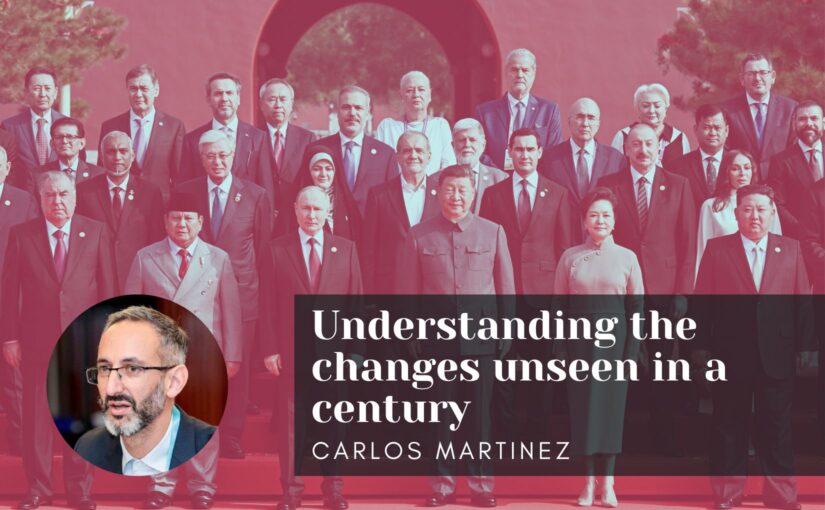Following his visits to Russia and Zambia, Chinese Premier Li Qiang arrived in South Africa on November 20 to attend the 20th summit of the G20.
Li Qiang met with South African President Cyril Ramaphosa in Johannesburg on November 21.
Li said that China stands ready to work with South Africa to deepen political mutual trust and firmly support each other on issues concerning their respective core interests and major concerns. He conveyed to Ramaphosa the cordial greetings from Chinese President Xi Jinping, noting that for decades China and South Africa have treated each other as close brothers, with a friendship that spans mountains and seas and has grown ever stronger. China is ready to continue working with South Africa to carry forward their traditional friendship, expand cooperation across various fields, so as to better promote the common development of the two countries, as well as unity and cooperation between China and Africa as a whole.
He called on the two countries to leverage their complementary advantages in resource and economic structure, deepen cooperation in mining and infrastructure construction, develop new highlights in the auto industry, explore potential in emerging sectors such as new energy and artificial intelligence, and expand cooperation in science and technology innovation, including in satellite navigation and joint laboratory construction.
He also urged China and South Africa to strengthen exchanges of experience in poverty reduction and rural revitalisation, and advance cooperation in public health, culture, education and youth, among others, so as to enhance the sense of fulfilment of their peoples.
Ramaphosa expressed appreciation for China’s support for South Africa’s economic and social development, and said South Africa stands ready to deepen cooperation with China in areas including trade, investment, mining, industry, science and technology, energy and infrastructure, public health and poverty alleviation, so as to bring more benefits to the two peoples.
He noted that South Africa sincerely appreciates China’s strong support for hosting the G20 Summit, saying that China plays an important role in helping the summit build consensus and deliver outcomes. South Africa stands ready to strengthen communication and coordination with China within the United Nations, the G20 and other multilateral frameworks to jointly uphold multilateralism.
Meeting South African Deputy President Paul Mashatile on November 23, Li Qiang said that China and South Africa are good friends and good brothers enjoying a deep friendship. China is ready to accelerate coordination with South Africa and help more quality and competitive South African products enter the Chinese market by negotiating and signing an agreement on economic partnership for shared development and advancing in South Africa the early implementation of China’s zero-tariff treatment for 100 percent tariff lines for African countries having diplomatic relations with China.
Paul Mashatile said that South Africa is willing to work with China to maintain close multilateral communication and coordination, uphold multilateralism, safeguard the authority of the United Nations, and promote the common development and prosperity of Global South countries.
Continue reading China promotes sustainability, development and fairness at Johannesburg G20 Summit